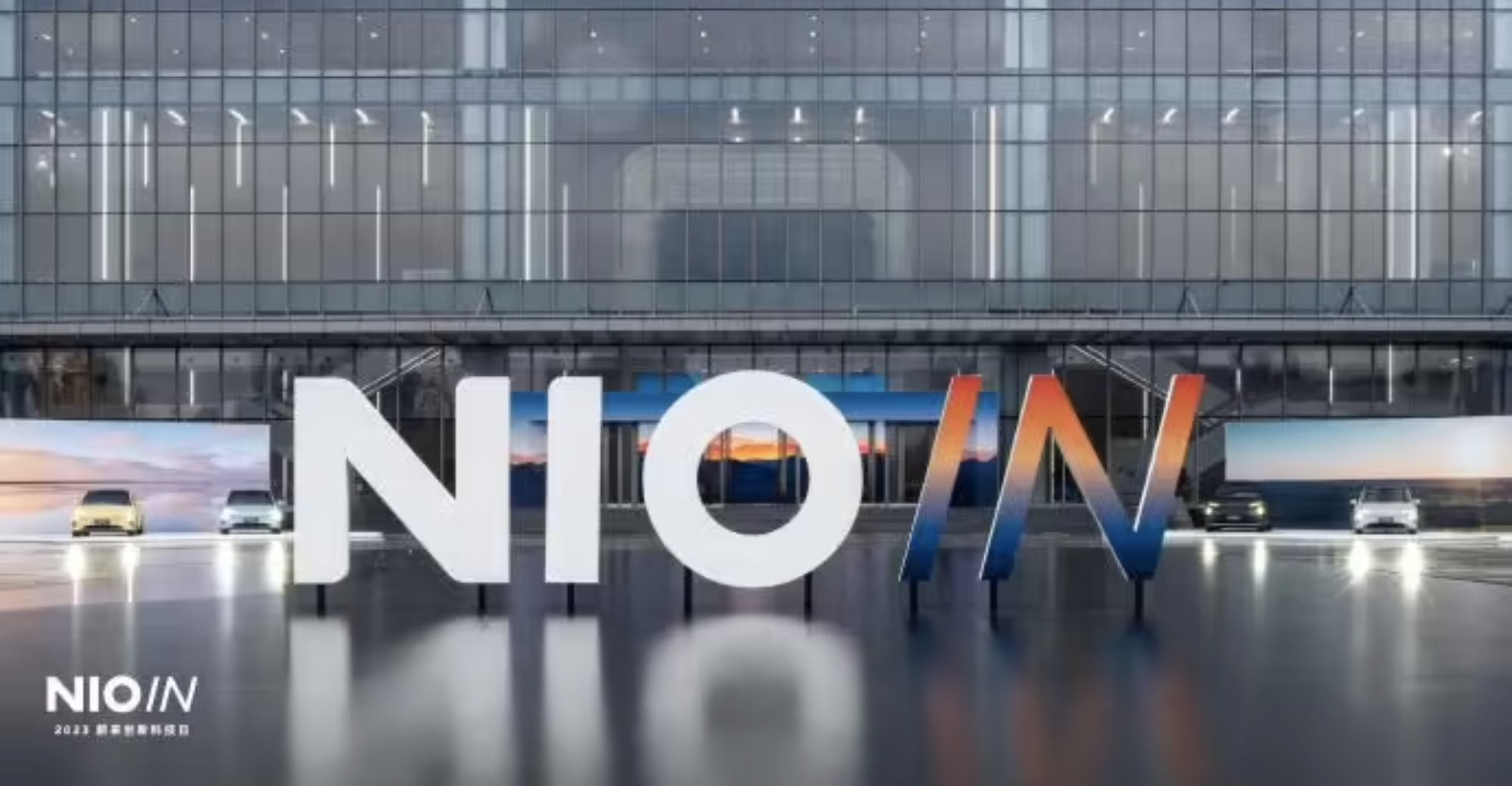William Li of NIO: The Value of Intelligent Driving is Accident Reduction, Not Replacing Drivers
In a recent conversation with Chinese media outlet Yicai, William Li, CEO and Chairman of NIO, emphasized that the primary objective of intelligent driving technology should be to reduce accidents, rather than replace professional drivers. Li firmly dismissed the idea of NIO venturing into the unmanned taxi business, stating that the real societal value of intelligent driving lies in its potential to make driving safer and more efficient.
While companies like Tesla and Baidu have brought the concept of Robotaxi to the forefront of public and industry discussion, Li holds a different perspective. He does not see unmanned taxis as an exciting business model. Instead, he believes technology should focus on enhancing the driving experience, likening the role of intelligent driving to a “part-time driver” for vehicle owners.
Li further argued that the scalability of the Robotaxi model is limited, as the number of operational vehicles a city can support is finite. He warned that unchecked production of unmanned taxis could lead to congested roads, especially if there is overproduction from car manufacturers.
However, some analysts argue that the widespread adoption of Robotaxi could lead to a significant decrease in individual car ownership and improve commuting efficiency through better route planning and car-cloud interaction.
Despite Li’s skepticism towards Robotaxi, NIO continues to invest heavily in intelligent and autonomous driving technologies. The company has already logged 38.99 million kilometers in full-range pilot mileage and 1.112 billion kilometers in total user mileage. NIO‘s car cloud computing power stands at 287,100 POPS, with 420 million kilometers of verified road mileage and a monthly data analysis volume of 220 million.
At a recent NIO Innovation Day, the company announced the successful development of its self-designed intelligent driving chip, Shenji NX9031. Manufactured with a 5nm automotive-grade process, this chip’s computational power rivals that of four leading intelligent driving chips. NIO also revealed an end-to-end AEB active safety system, which will be integrated into vehicles in the second half of 2024.
NIO‘s commitment to innovation extends beyond autonomous driving, with recent product releases including a new vehicle operating system, a new generation of NIO mobile phones, and the Banyan 3 intelligent system. Despite the high R&D costs, which accounted for 60%-70% of the company’s expenditures, William Li expressed confidence in the company’s strategy, emphasizing the importance of investing in foundational technologies for electric vehicles.
Li also addressed sales forecasting practices in the auto industry, stating that NIO does not engage in sales predictions or release weekly sales figures. He insisted that if NIO ever led in sales volume, the company would never issue a weekly ranking. His comments reflect NIO‘s focus on long-term technological advancements rather than short-term sales performance.
SEE ALSO: XPeng’s Split-Style Flying Car Revealed



